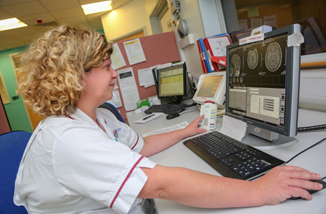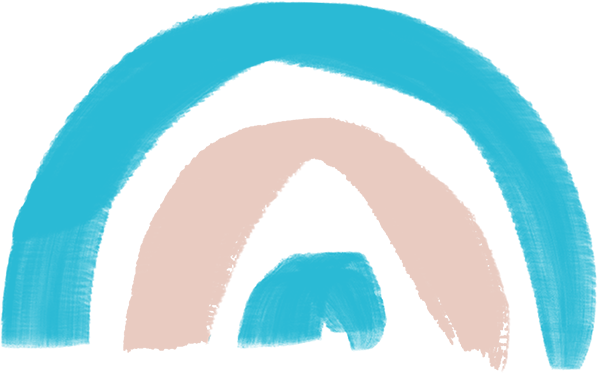Diagnostic Radiography case study
What does a Diagnostic radiographer do?
Diagnostic radiographers undertake a wide range of imaging procedures, including X-Ray, CT, Nuclear Medicine and MRI, from pre-birth to post-mortem. They are able to specialise as part of teams such as Breast Imaging and pregnancy, or pursue clinical reporting qualifications or research opportunities. Together with a wide range of teams in the hospital, depending on each individual case, they use complex equipment to diagnose and sometimes treat a variety of conditions.
Hear from Rebekah, an Imaging Research Radiographer at Norfolk and Norwich University Hospital
Brief description of my role: My job is to assess, treat and manage swallowing (dysphagia) and communication difficulties acquired as a result of neurological damage in patients with highly complex needs. At CCSRS we aim to see the most complex 10% of rehabilitation patients whose needs are more complex that the community rehabilitation services are able to manage. Complexity may be because of severity of disease, complex social, emotional, financial or vocational issues.
Where/how long I trained: I trained at City University in London from 1986-1990 (4 year BSc(hons) degree)

Happy healthy people providing excellent compassionate care
Career progression so far:
I qualified in 2007 working at West Suffolk Hospital.
Once moved to the NNUH after 18months in general Radiography I trained in CT scanning at the NNUH and then went on to train in MRI; making me a dual trained Cross sectional imaging Radiographer in both CT and MRI. I have undertaken Imaging ancillary roles such as Radiation Protection supervisor for a period of 2 years, and implemented the current personal Radiation monitoring service we have at the NNUH.
In 2013 I took on the lead role for imaging Research alongside my CSI role.
Since 2013 I have developed the Imaging Research service, to a team of 5 with additional Research Liaison’s across the department. In October 2020 after taking part in leading the CT team during the pandemic, I relinquished my clinical hours to dedicate my time to leading the Imaging Research service and working as a member of the Research Oversight Board to progress the DCSS in Research.
What I enjoy about my job:
I enjoy the variedness of my career and role. I appreciate all this career has given me, in exciting and varied experiences working with different disciplines. The role is a team effort and I find with the NNUH and the NHS it is working as a team that makes the role so enjoyable. Working for the common goal of providing better care and treatments for our patients.

